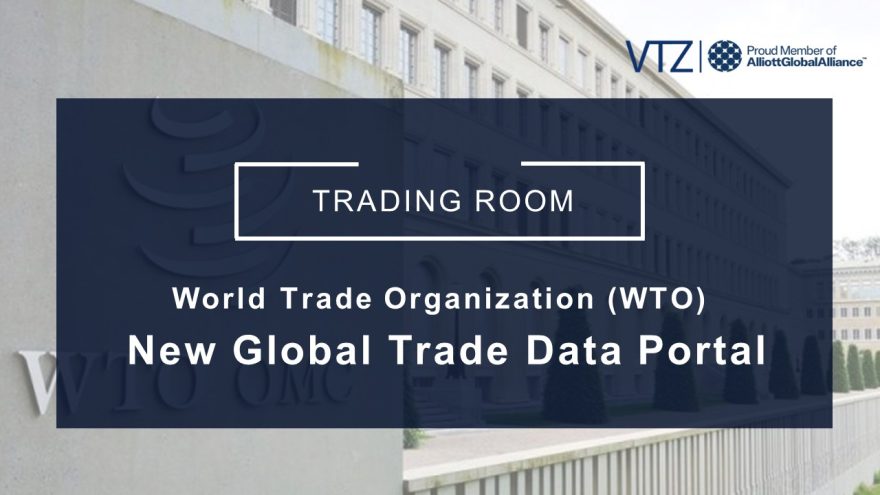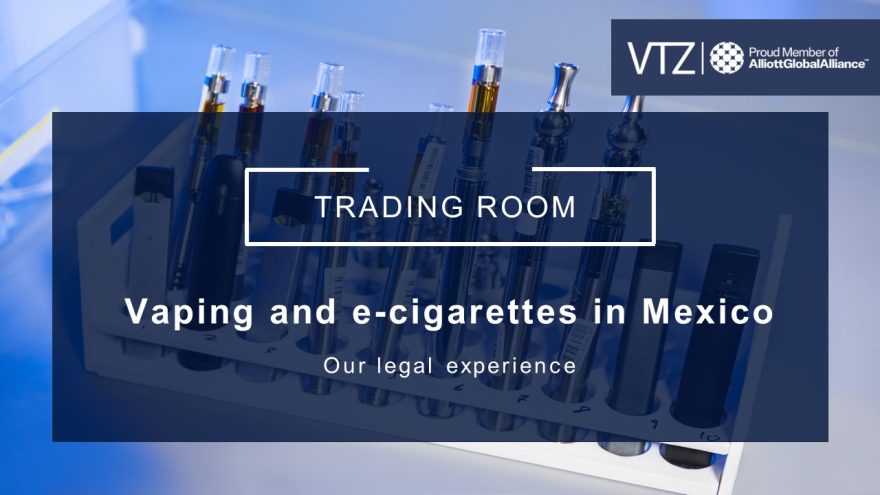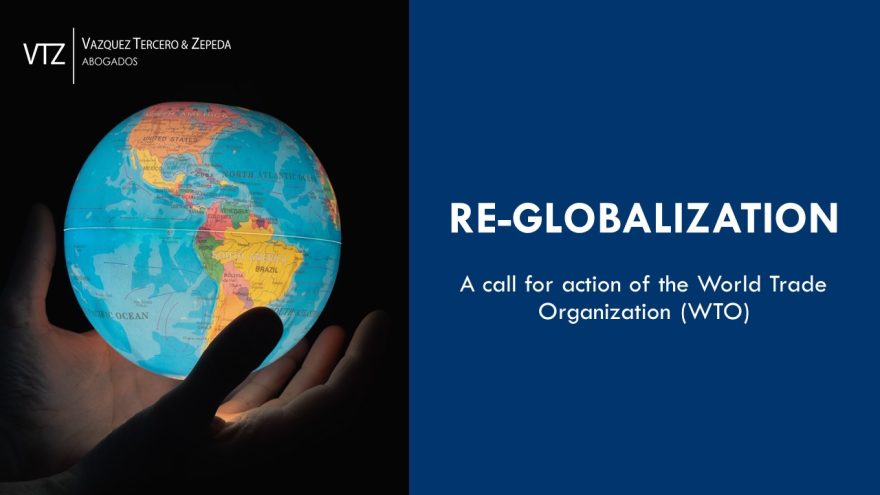Mexican Berries are saved from Safeguards
On Thursday of last week, the United States International Trade Commission (USITC) determined not to impose safeguard measures on berries, specifically blueberries. The investigation of «global» safeguard measures began on October 9, 2020, at the request of the U.S. Trade Representative during the Trump administration. The safeguard measures could have affected berries from more than 10 countries, including Mexico.
In sum, five USITC commissioners determined that blueberry imports do not cause harm or threaten the US industry. A report will eventually be published, probably during March. More information: USITC.
This determination was strongly celebrated and applauded by the Mexican government and other political agents:
Ministry of Economy held a press conference
En #conferencia de prensa, la secretaria @tatclouthier reconoció el trabajo en equipo del @GobiernoMX, en donde la @SE_mx, @Agricultura_mex y la @SRE_mx, de la mano con la iniciativa privada, defendieron los intereses de los productores mexicanos?? de arándanos azules ante ??. pic.twitter.com/WpTctnqssC
— Economía México (@SE_mx) February 11, 2021
Ministry of Agriculture
México celebra el resultado de la votación de la Comisión de Comercio Internacional de Estados Unidos (USITC) en la que determinó que las importaciones de #ArándanosAzules provenientes de #México no causan daño, ni amenazan a la industria de #EstadosUnidos https://t.co/VmUMidhQJl pic.twitter.com/y4nMhgH9MH
— Agricultura (@Agricultura_mex) February 11, 2021
Current Minister of Economy congratulates the previous work of the Former Minister
@GMarquezColin el triunfo de hoy ante EU por arándanos azules lleva sabor a tu trabajo.
— Tatiana Clouthier (@tatclouthier) February 11, 2021
Head of the USMCA Committee at the Senate
En la Comisión #TMEC del @senadomexicano celebramos la determinación de las autoridades comerciales de EE.UU. sobre la importación de arándanos azules. Nuestras industrias agrícolas son complementarias y nos garantizan beneficios mutuos. ¡Enhorabuena! ????
— Claudia Ruiz Massieu (@ruizmassieu) February 12, 2021
In 2019, imports of «blueberries» in the US, from Mexico, amounted $ 291,060,437.
New Director-General of the WTO
This Monday, February 15, Dr. Ngozi Okonjo-Iweala was elected as Director-General of the WTO after a process that lasted nine months and in which 8 candidates participated. She will be the first woman in history to lead the WTO, her mandate will begin from March 1, 2020, to August 31, 2025, with the possibility that her mandate can be renewed.
The selection of Dr. Ngozi Okonjo-Iweala comes after the Minister of Commerce of the Republic of Korea, Yoo Myung-hee, withdrew her candidacy and the administration of the new US President, Joseph R. Biden, expressed its «strong support» and, thus, achieved the consensus of WTO members.
Dr. Ngozi Okonjo-Iweala is global finance and international development economist with over 30 years of experience working in Asia, Africa, Europe, Latin America, and North America. She served twice as Nigeria’s Minister of Finance and Foreign Affairs, being the first woman to hold both positions.
The incoming Director-General of the WTO is perceived as an effective consensus builder and mediator, trusted by governments and other stakeholders.
In her statement to the WTO General Council, Dr. Ngozi Okonjo-Iweala noted that one of her key priorities is to work with WTO members to address the economic and health consequences of the COVID-19 pandemic.
More information: WTO








